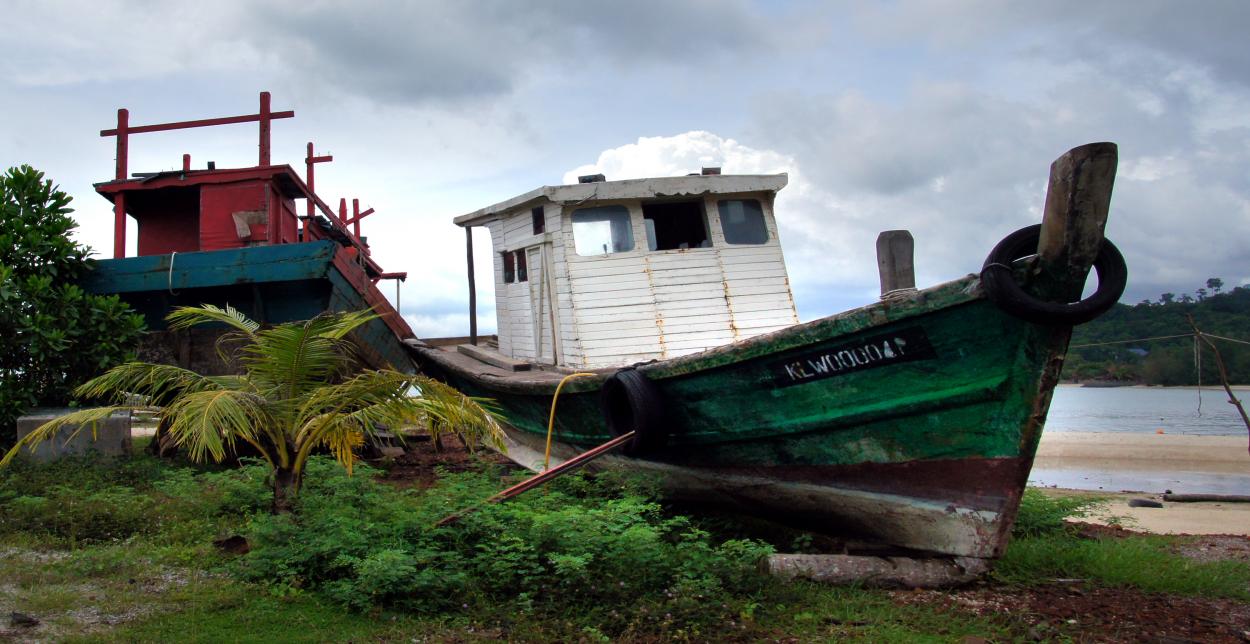South Asia: Water Diplomacy, Security and Justice

Water diplomacy is expected to play an increasingly important role in preventing, mitigating and resolving water-related conflicts around the globe. This working group will zoom in on South Asia with the objective to identify key factors affecting transboundary water cooperation, and how these insights can successfully be used to inform and improve multi-track water diplomacy and water cooperation. In particular, we aim to track the progress of the conflict resolution in a specific case-study (i.e. Brahmaputra Basin) over the coming three year period of the Planetary Security Initiative. The main target groups are the larger communities of practice on water diplomacy, transboundary water cooperation, governance, security and justice.
Objectives
-
Reflect on key challenges to water security and justice that relate to the interface between global change (climate change, resource depletion, population growth, economic development) and conflict/state fragility
-
Share experiences and lessons learned on effective/ineffective water cooperation at different levels (local to transboundary)
-
Identify and operationalise the key factors affecting effective/ineffective water cooperation
-
Develop concrete recommendations on how to foster effective water cooperation
Co-organised by



Working Group Contacts
Patrick Huntjens (The Hague Institute for Global Justice)
Marian Patrick (SIWI)
Zaki Shubber (UNESCO-IHE)
Moderators
Henk Ovink (Kingdom of the Netherlands)
Douglas Hill (University of Otago)
Ashok Swain (Uppsala University)
Rens de Man (The Hague Institute for Global Justice)
Julie van der Bliek (International Water Management Institute)
Marian Patrick (SIWI)
Matt Luna (Institute for Environmental Security)


